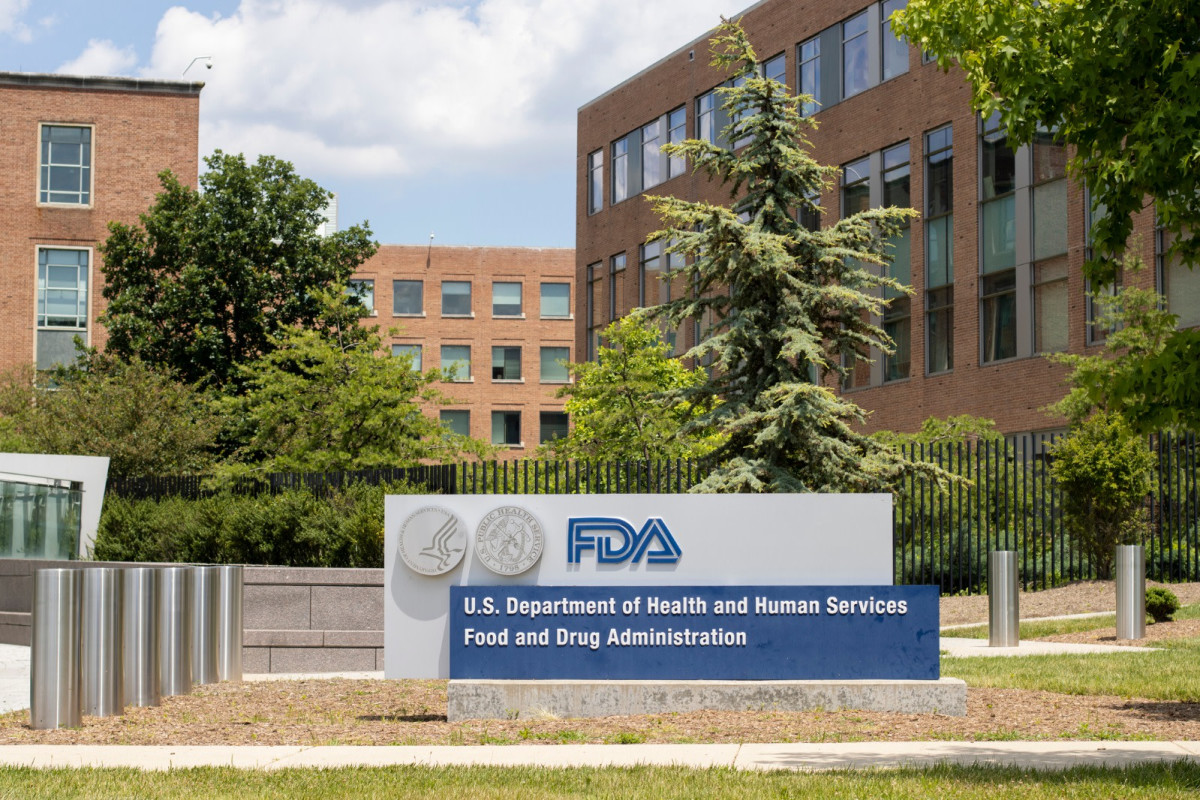New Breakthrough in Alzheimer’s Treatment: FDA Approves Donanemab
In a major breakthrough for the treatment of Alzheimer’s disease, the US Food and Drug Administration (FDA) has approved donanemab, an antibody-based drug designed to slow the progression of the incurable disease. This new treatment option works by removing amyloid protein plaque buildup in the brain, which is a hallmark of Alzheimer’s disease. The drug will be sold under the name kisunla and will cost $32,000 per year.
Clinical trials have shown that donanemab can significantly slow down the progression of Alzheimer’s disease, allowing some patients to live independently for a longer period and continue with daily activities. In June, Lilly reported to a panel of FDA advisors that late-stage clinical trial data showed significant results for patients taking donanemab, with a 35% lower risk of disease progression compared to those who received a placebo. The FDA advisors determined that the treatment is both safe and effective. However, Lilly did report some serious side effects during these trials, including a slightly higher mortality rate in patients who took donanemab compared to those who took a placebo.
Alzheimer’s disease is a degenerative brain disorder that causes memory loss, cognitive impairment, and other mental health issues. It is typically fatal within 10-15 years of diagnosis. The approval of donanemab offers hope for patients in early stages of Alzheimer’s disease as it provides another important choice in managing their condition. This development represents an important milestone in the field of Alzheimer’s treatment research and opens up new possibilities for future treatments.
Lilly has stated that they will work with healthcare providers to ensure that patients receive access to this new treatment option as soon as possible. While donanemab may not cure Alzheimer’s disease entirely, it could offer significant improvement in quality of life for those affected by it.
Additional brain MRI tests are now being added for patients taking kisunla to identify any potential risks associated with brain bleeding ahead of time. As such, healthcare providers should closely monitor patients who receive this medication and advise them on how to manage any potential side effects or risks associated with kisunla.
Overall, this breakthrough marks an important step forward in our fight against Alzheimer’s disease and represents a significant achievement for both Lilly and the medical community at large.
